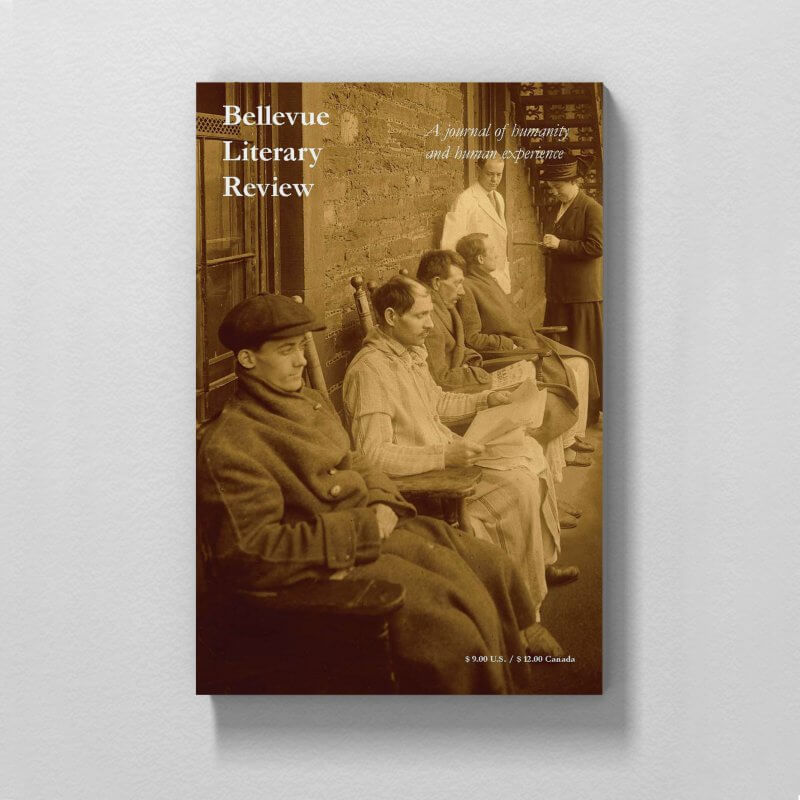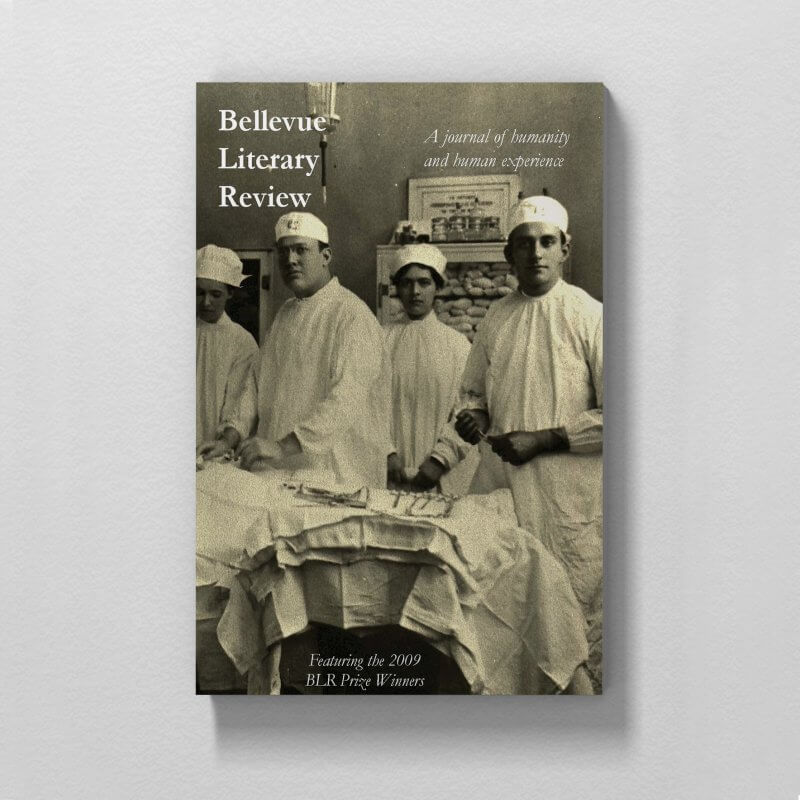Senior Fiction Editor
“Girls, At Play” by Celeste Ng
In her story, “Girls at Play," Celeste Ng beautifully and unflinchingly ushers the reader into the world of teenage girls, stealing, and random sex. The reader witnesses the initiation of Grace, new to the school, into a group of tough, struggling, cynical middle-school girls. At first small things change for her: she learns to wear make-up, revealing outfits, and then how to steal. The story is written in first person (plural), and the “we” pulled me into the narrative. I felt like both an observer and participant. The trajectory is wrenching to witness: Grace’s loss of innocence. The reader watches, mesmerized and appalled, unable to intercede. I admire the story’s language, honesty, and its lasting, disturbing power. I was thrilled when “Girls at Play” was awarded the Pushcart Prize. Read "Girls, At Play"
"Eruv" by David Milofsky
When I read “Eruv” by David Milofsky, I was immediately drawn into the story. A group of observant Jews have moved into a small Colorado suburb, and the residents are grappling with the changes in their neighborhood. “On Saturday morning, you could see a pious army in satin wrappers and beaver hats, issuing from hotel row up the hill to the synagogue and back after Havdalah, which marked the end of the Sabbath.” The story has a wonderful rhythm, and the characters and town are described in deft, vivid strokes. Some citizens want to block the building of a larger synagogue, and the reader joins them at the zoning board meeting where Rabbi Yakov Blitz eloquently pleads his case. We watch as prejudice grows and changes. The story was nominated for the Pushcart Prize, and was chosen as a Pushcart Notable story. “Eruv” is beautifully written and shows us something important about mistrust, intolerance, and the humanity we all share. Read "Eruv"




